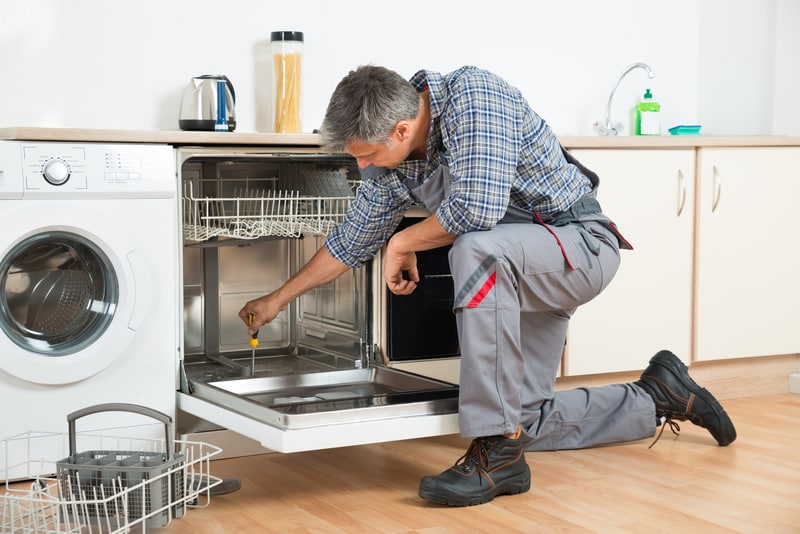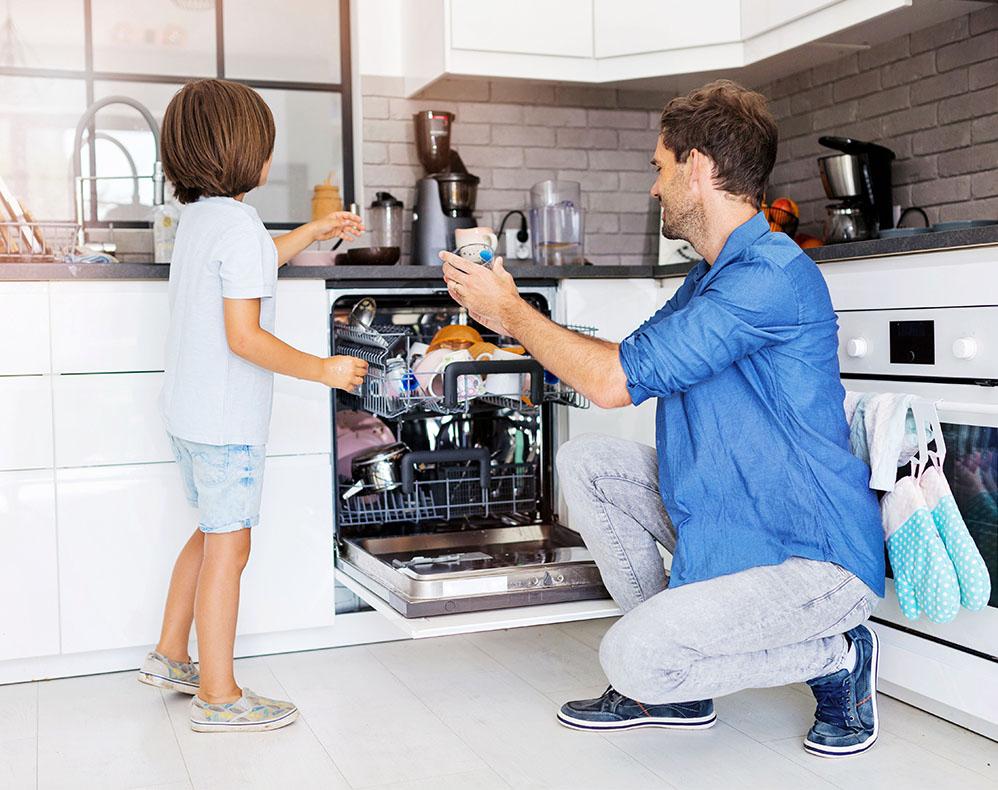Troubleshooting My Dishwasher: What Could Be Going Wrong and What to Address It
Troubleshooting My Dishwasher: What Could Be Going Wrong and What to Address It
Blog Article
Presented here below you will discover lots of very good facts on the subject of Common Dishwasher Problems.

Having your dishwasher break down or breakdown can be a big deal and trigger some discomfort at home. Dishwashing machines are equipments that we make use of to clean dishes and flatwares immediately to save us the stress and anxiety of manually doing it.
Like every other maker that reduces human effort, dishwashing machines can break down and also establish some mistake at some time in time. There are numerous faults your dishwashing machine can develop, and while some of them can be solved by changing some parts or repairing them, other much more extreme flaws will require that you obtain a brand-new dishwasher.
This write-up will certainly identify a couple of typical mistakes your dishwashing machine might create to prevent its total efficiency and just how these faults can be solved.
Common Faults
Typical dishwashing machine faults might vary from minor to significant ones. Relying on the level, you will certainly either need the services of specialist plumbing professionals to take care of or change it.
Several of the most typical faults include:
Dripping Dish washer
This is possibly the most everyday dish washer issue, and the bright side is that it is easy to identify. Leaks take place as a result of a number of factors, as well as the leakages can make a mess of your kitchen area. Typical reasons for dishwasher leakages consist of;
Bad-Smelling Dishwasher
This is one more common dish washer trouble, and also it is mostly triggered by food particles or grease remaining in the machine. In this instance, try to find these bits, take them out as well as do the recipes without any recipes inside the device. Clean the filter extensively. That will aid eliminate the negative odor. Ensure that you get rid of every food particle from your meals before moving it to the maker in the future.
Inability to Drain
In some cases you might observe a huge amount of water left in your tub after a wash. That is most likely a water drainage trouble. You can either inspect the drain tube for damages or blockages. When in doubt, contact a professional to have it examined and also taken care of.
Does not clean appropriately
If your meals as well as flatwares appear of the dishwasher as well as still look dirty or dirty, your spray arms might be an issue. In a lot of cases, the spray arms can get obstructed, and it will certainly require a quick tidy or a replacement to work effectively again.
Verdict
A few of these common dishwashing machine mistakes can be repaired conveniently in the house, yet sometimes, the faults could be massive and also might need the interest of experts. If you stay in Rochester, Syracuse, and also various other parts of America, allowed the professionals properly diagnose what could be wrong with your dish washer and extend a service.
We likewise mount dishwashing machines if you simply purchased a brand-new one or mean to replace your very own. With our several years of experience in the market, we make sure to offer you the best feasible services.
Dishwasher Won’t Drain? 8 Steps to Fix It
Run the Disposal
A full garbage disposal or an air gap in a connecting hose can prevent water from properly draining out of the dishwasher. Simply running the disposal for about 30 seconds may fix the issue.
Check for Blockages
Check the bottom of the dishwasher to make sure that an item or pieces of food haven't fallen from the rack to block the water flow.
Load the Dishwasher Correctly
Make sure you’re loading the dishwasher correctly. Read the manufacturers’ instructions or owner’s manual for tips and directions on how to load dishes for best results.
Clean or Change the Filter
You may have a clogged dishwasher filter that’s preventing water from draining. Many homeowners don’t realize that dishwasher filters need to be cleaned regularly. Check your owner’s manual to see where the filter is located on your dishwasher, and for instructions on how and when to clean it. For many dishwashers, the filter can be found on the inside bottom of the appliance.
Inspect the Drain Hose
Check the drain hose connecting to the sink and garbage disposal. Straighten any kinks that you may see, which could be causing the problem. Blow through the hose or poke a wire hanger through to check for clogs. Make sure the hose seal is tight, too.
Try Vinegar and Baking Soda
Mix together about one cup each of baking soda and vinegar and pour the mixture into the standing water at the bottom of the dishwasher. Leave for about 20 minutes. If the water is draining or starting to drain at that time, rinse with hot water and then run the dishwasher’s rinse cycle. That may be enough to help loosen any clogs or debris that are preventing the dishwasher from draining properly.
Listen to Your Machine While It's Running
Listen to your dishwasher while it’s running a cycle. If it doesn’t make the usual operating sounds, particularly if it’s making a humming or clicking noise, the drain pump and motor may need replacing. If this occurs, it may be time to call a professional for help.
https://www.ahs.com/home-matters/repair-maintenance/how-to-fix-a-dishwasher-that-is-not-draining/

I have been very enthusiastic about How to Troubleshoot & Repair a Dishwasher and I hope you enjoyed reading our blog post. Enjoyed our review? Please share it. Let others check it out. Thank you for your time invested reading it.
We've got this! Report this page